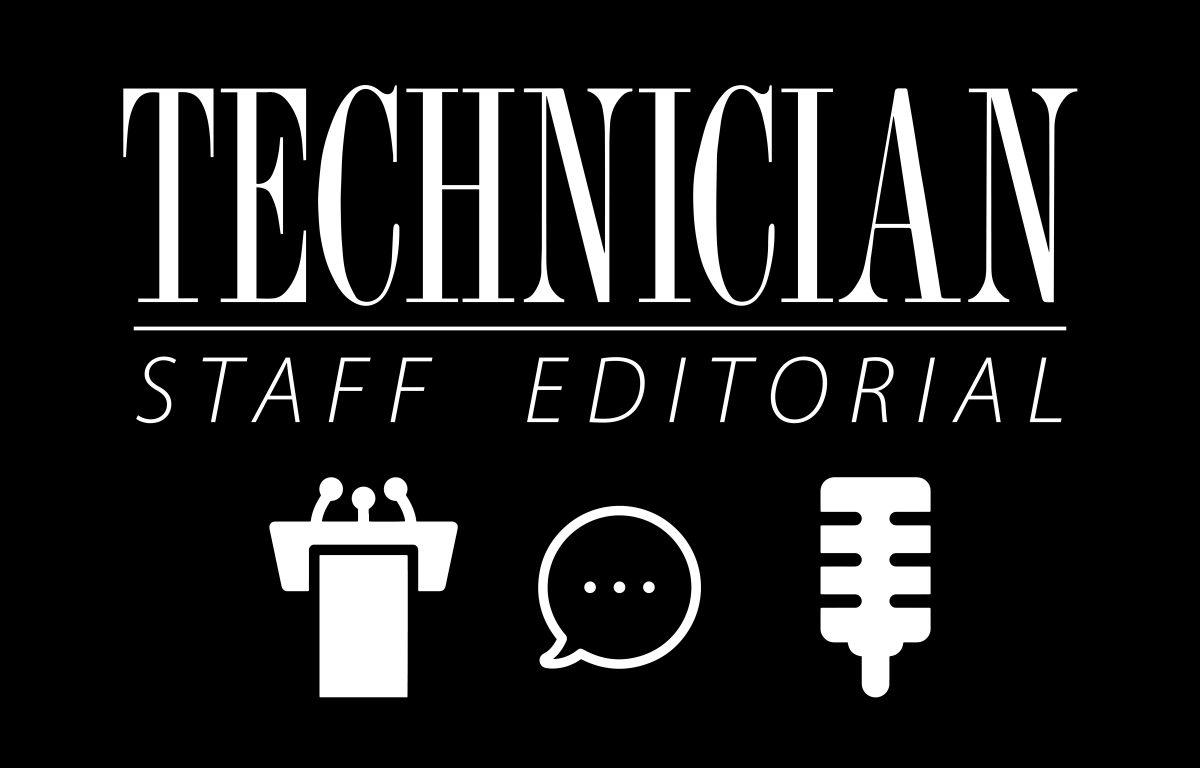It’s safe to assume that “funding higher education” does not mean funding inebriated students. But — though indirectly — that is what taxpayers are doing in some cases. Yesterday, Technician published a news story ‘Financial aid offers opportunities for misuse and abuse,’ in which some students admitted to using their refund checks to purchase alcohol and, in one case, illegal drugs. There would no doubt be a media field day if a politician was caught using federal funds to buy drugs and alcohol, so why shouldn’t we be upset when everyday citizens do it? Of course, most students on financial aid do not use the money to buy drugs — that is an extreme case — but many students do use the funds to fuel immediate consumption. The UNC System could save some money or help more students if it enforced the terms of financial aid more strictly.
Economic uncertainty requires for most to pinch each penny, and maximize its value. And though most students aren’t using their financial aid or loan funds for drugs, many do think of the refunds as more of a payday, and when students see the refunds as disposable income, rather than an investment in them by taxpayers and the government, an ethical dilemma arises.
The programs offered by N.C. State organizations on financial management seem to do little to combat students’ love affair with consumption. The funds, which are partially or largely loan funds should be used to pay for rent/living expenses, books and other education-related expenses — an education and a degree are seen assets that appreciate in value, and that’s what defines a good investment. However, in the case of the students who used his refund to buy drugs, that money was used unwisely — not only because it was spent on drugs, but because it was spent on goods that were consumed immediately, too. Any of the Poole College of Management financiers would be quick to tell you to avoid using debt to fund consumption or, say, an XBOX, which will not appreciate in value. Students who are considering spending their refunds/loan money on ephemeral gratification ought to return the money to the Office of Scholarship and Financial Aid so it can be put to better use (and save themselves from unnecessary debt).
Students’ tendency to be spendthrifts — for a period after the dispersal of refunds — speaks to a much larger issue, which is that Americans live beyond their means, and irresponsible use of debt to fuel consumption in the private sector played a big role in the 2008 financial crisis.
If the University played a substantial role in encouraging better spending habits among students, not only would students benefit in the short and long term, but so would the University.
A study about ‘Financial attitudes and spending habits of university freshmen’ in the Journal of Economics and Economic Education Research found that “teens are becoming accustomed to the standard of living they have while they are with their parents, and expect the same for themselves when they move out and go to college.” And expecting that standard of living is unreasonable when away at college. The study also claims that “the ability to manage finances impacts students both personally and academically. Students who are able to manage their money are also more likely to be able to manage their time wisely.”
If students were somehow forced to make wiser spending decisions with refund/loan money, they may develop essential financial management skills.
The Office of Scholarships & Financial Aid should implement a way to track and assess refund spending. This can be done by requiring receipts that can be used to adjust future awards, or by dispersing the funds to a specialized card that would automate the process and be more streamlined than analyzing receipts (and, ideally, would not be usable to purchase unnecessary items, like XBOXs). Dispersing the funds in monthly payments would also force students to budget wisely, instead of the current one large sum.
Financial aid refund reform would benefit students by equipping them with better habits, and it would benefit the University by making its efforts to remain affordable less of a challenge.



